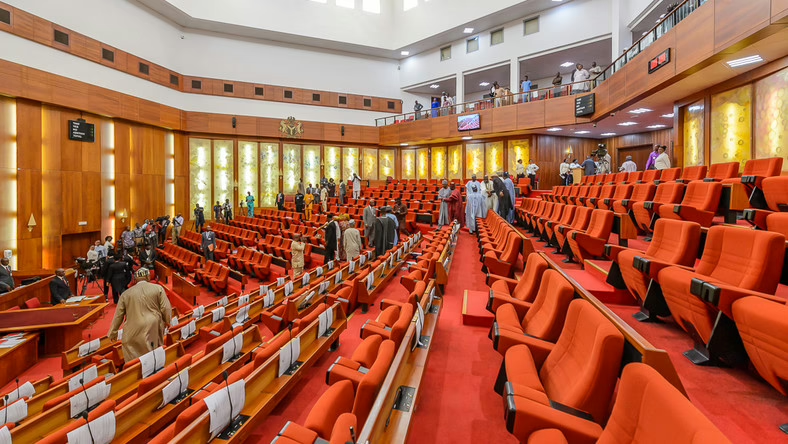Nigeria faces an education crisis of unprecedented proportions, with millions of children left out of school, particularly in the northern regions. This crisis, if left unchecked, threatens to destabilise the nation’s future, making it a ticking time bomb that demands urgent attention from policymakers, educators, and society.
The statistics are alarming. According to recent estimates released by UNICEF, over 18.3 million children in Nigeria are out of school, with a significant concentration in the northern states. This figure represents more than just numbers; it represents a generation of young Nigerians who are being denied their fundamental right to education. This deprivation not only robs them of the opportunity to break the cycle of poverty but also places the country on a perilous path toward social and economic decline.
In many cases, the barriers to education in Nigeria are complex and varied, ranging from conflict, poverty to cultural practices and the inadequacies of the education system itself. For instance, the inability of many families to afford the costs associated with terminal examinations such as the West African Examination Council (WAEC) and the Joint Admissions and Matriculation Board (JAMB) exams or National Examination Council (NECO), forces countless children to drop out of school. In regions where insurgency and insecurity are rife, many schools have been forced to close, leaving children with no access to education.
The consequences of this educational neglect are dire. Deprived of education, these children often find themselves with limited options for survival. Many are drawn into the vicious cycles of drug abuse, street trading, scavenging, and petty crime. Worse still, they become prime targets for recruitment by extremist groups and criminal groups, perpetuating a cycle of violence and instability that continues to plague the nation. This growing pool of uneducated and disenfranchised youth is not only a humanitarian crisis but also a significant threat to Nigeria’s national security and economic prosperity.
Addressing this crisis requires more than just a superficial commitment from Nigeria’s leaders; it necessitates a comprehensive and sustained effort that targets the root causes of the problem. State governments, in collaboration with the federal government, must prioritise education as a matter of national emergency. This means increasing budgetary allocations to education, ensuring that schools are safe and accessible, and making education free and compulsory for all children.
Community-based approaches are also essential. Local leaders, religious institutions, and civil society organisations must be mobilised to support educational initiatives, especially in rural and underserved areas, transitional education initiatives must be established. Vocational training and apprenticeship programmes should be expanded to provide alternative pathways for those who have already been left behind by the formal education system. These initiatives should be coupled with robust social support systems to alleviate the economic pressures that force children out of school in the first place.
Furthermore, there must be strict enforcement of compulsory education laws. Parents and guardians should be held accountable for ensuring that their children attend school, while the government should provide the necessary support to make this possible. Teacher training programmes must be improved, and the education curriculum must be aligned with the needs of the 21st century, preparing students not just for exams but for productive participation in the national economy.
The alternative to action is grim; if Nigeria fails to address this crisis; the country risks perpetuating a cycle of illiteracy, poverty, and violence that will undermine its development for generations to come. The ticking time bomb of out-of-school children threatens the very fabric of Nigerian society, and the time to act is now. For the sake of its future, Nigeria must prioritise education and ensure that every child, regardless of their background or circumstances, has the opportunity to learn, grow, and contribute to the nation’s progress and prosperity.
Mukaddas wrote via [email protected]
Join Daily Trust WhatsApp Community For Quick Access To News and Happenings Around You.










